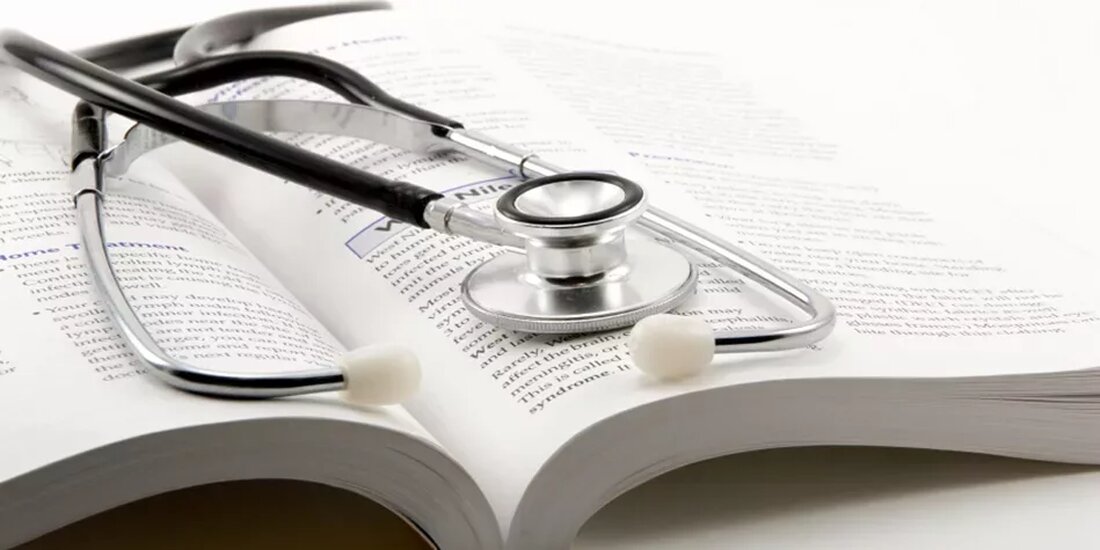reference
Michaud DS, Gallo V, Schlehofer B, et al. Coffee and tea consumption and risk of brain tumors in the European Prospective Investigation into Cancer and Nutrition (EPIC) cohort study.Am J Clin Nutr.2010 Nov;92(5):1145-1150.
design
Data on coffee and tea consumption were analyzed using Cox proportional hazard models to determine an association with brain tumor risk.
Participant
Dietary data from 343 cases of gliomas and 245 cases of meningiomas from 9 countries were analyzed.
Study “Medicines”: Reported consumption of coffee or tea.
Primary measures
Change in the relative risk of gliomas or meningiomas with increased coffee and tea consumption.
Key findings
A significant inverse association was observed for glioma risk in individuals who consumed ≥100 mL of coffee and tea per day compared to individuals who consumed <100 mL/day (risk ratio: 0.66; 95% CI: 0.44, 0.97; P = 0.03). The association was slightly stronger in men (hazard ratio: 0.59; 95% CI: 0.34, 1.01) than in women (hazard ratio: 0.74; 95% CI: 0.42, 1.31); However, neither of these two later relationships reached statistical significance.
Effects on practice
These new data are consistent with a number of previous publications indicating both a strong protective effect and possibly a useful therapeutic effect of coffee or caffeine against gliomas. Coffee is often viewed negatively by the population and is often “given up” after a cancer diagnosis. At least in the case of gliomas, coffee may be beneficial and these patients should be discouraged from stopping their coffee consumption.
Holick et al. reported in January 2010 that coffee reduced the risk of glioma. In this previous work, data from three prospective cohort studies were combined to identify 335 glioma cases. Consuming 5 or more cups of coffee and tea per day significantly reduced the risk compared to no consumption (RR: 0.60; 95% CI: 0.41–0.87;P(Trend)=0.04). The inverse association was stronger in men (RR: 0.46; 95% CI: 0.26–0.81;P(Trend) = 0.03).1
Other recent studies suggest that coffee, particularly caffeine, may do more than just protect against gliomas and that both may have therapeutic value in treating gliomas.
In February 2010, Kang et al reported that caffeine may be a useful adjunctive therapy against invasive gliomas. After showing in various in vitro tests that caffeine inhibited the migration of glioblastoma cells, the researchers demonstrated in vivo, using a mouse xenograft model of glioblastoma, that caffeine significantly increased the median survival rate.2
Caffeine sensitizes glioma cells to both ionizing radiation and chemotherapy.
Caffeine sensitizes glioma cells to both ionizing radiation and chemotherapy. In February 2010, Sinn et al. reported that "caffeine or its derivative pentoxifylline are promising drug candidates for the radiosensitization of glioma cells."3Caffeine also increases the effects of the chemotherapy drug temozolomide (Temador), which is often used in conjunction with radiation to treat malignant gliomas.4
One possible explanation for these benefits is that coffee is a gamma agonist of the peroxisome proliferator-activated receptor (PPAR).5PPAR-gamma agonists not only inhibit the growth of brain tumors,6But they can also inhibit brain tumor stem cells.7
Interestingly, a number of synthetic PPAR-gamma agonists are already being investigated for the treatment of brain tumors. Ciglitazone and troglitazone, both synthetic PPAR-gamma agonists, are being studied and show promising results.8.9Pioglitazone (Actos), a drug already used to treat diabetes, could potentially be of benefit. A 2006 study using a rat glioma model found that “oral administration of pioglitazone reduced tumor volume by 76.9%.” Subsequent analysis of the brain tissue revealed the triggering of apoptotic cell death.”10
Aside from all these interesting details, our conclusion should be that glioma patients should drink coffee that still contains caffeine. The next time a patient with a malignant glioma tells you that they have given up coffee for health reasons, explain to them that it is better to drink more coffee than less coffee.
For more research on integrative oncology, click here Here.

 Suche
Suche
 Mein Konto
Mein Konto

